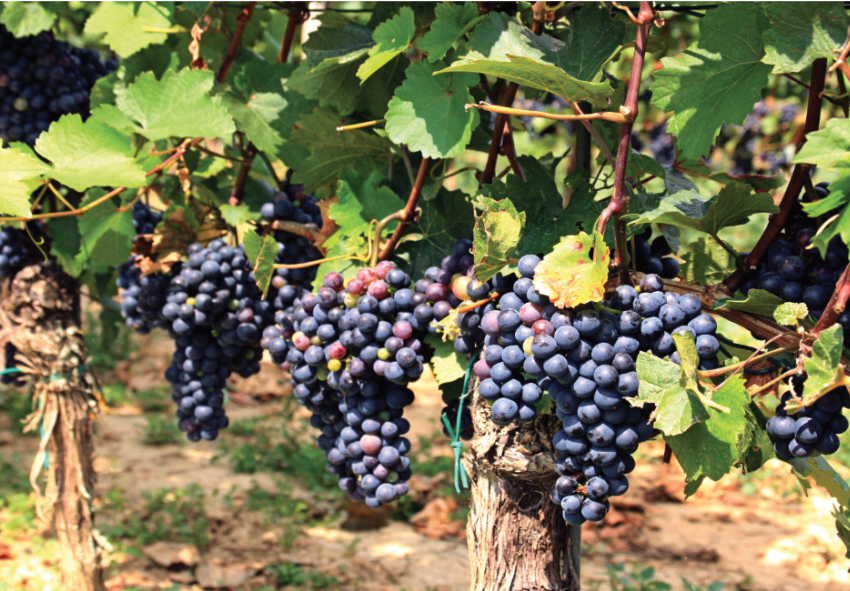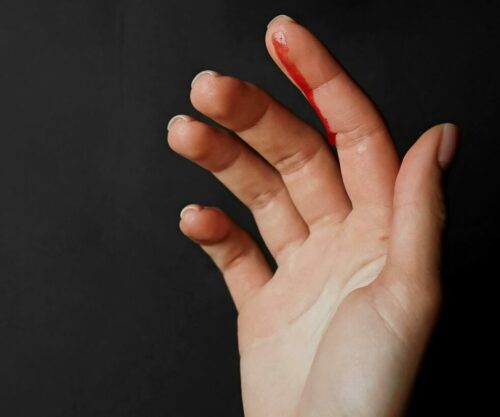
Grapes naturally contain polyphenols, notably resveratrol, which help prevent cardiovascular disease and limit the formation of “bad” cholesterol. The fruit can also be the source of a glowing complexion, and helps to counteract skin ageing and promote skin elasticity. The fruit also acts on renal elimination and helps flush out the intestine and liver.
This is precisely the objective of a grape cleanse – to give the digestive system a break. The grapes consumed are digested in 30 minutes, giving the digestive system time and energy to replenish itself.
The fruit also acts on renal elimination and helps flush out the intestine. The duration of this mono-diet varies from one day, for beginners, to three days. Anything beyond should be subject to medical advice. Before starting the diet, you must get your body used to receiving fewer calories and foods. To do this, you must gradually reduce processed foods, meat and starchy foods and replace them with fruit and vegetables. The same goes for coffee, which should also be cut out during the diet.
For the duration of the actual cleanse, you should eat only grapes. Eat a small quantity of them throughout the day, every two or three hours, for example. It’s best to choose red grapes, which are richer in flavonoids, also called vitamin P. To stop yourself from getting bored, you can mix things up by drinking homemade grape juice or rehydrating raisins.
During the cleanse, you might experience headaches, a coated tongue or feel cold. These symptoms are related to the elimination of toxins.
Ending the cleanse must be done gradually. For an optimal recovery, count on twice the duration of the cleanse itself. If the process lasted two days, aim to resume eating normally four days after the end.




